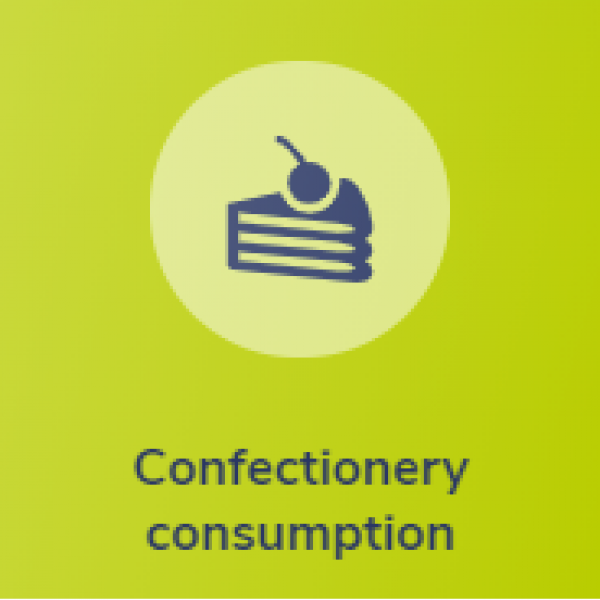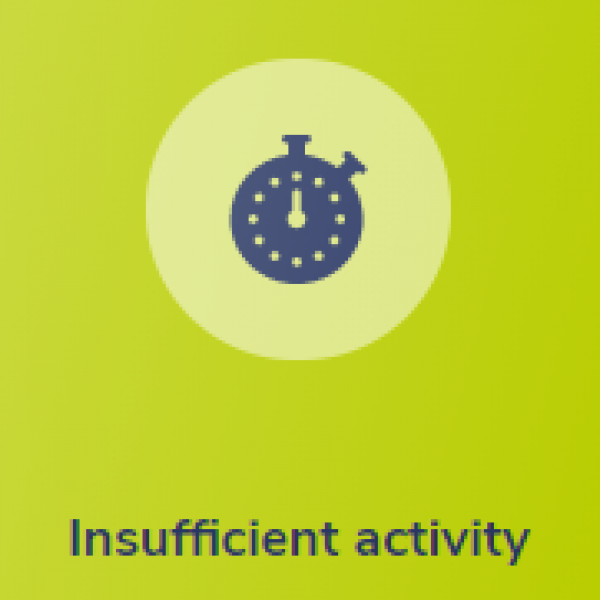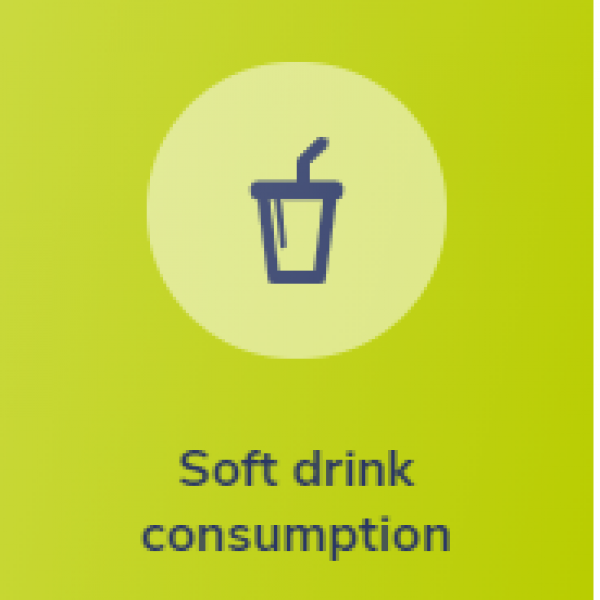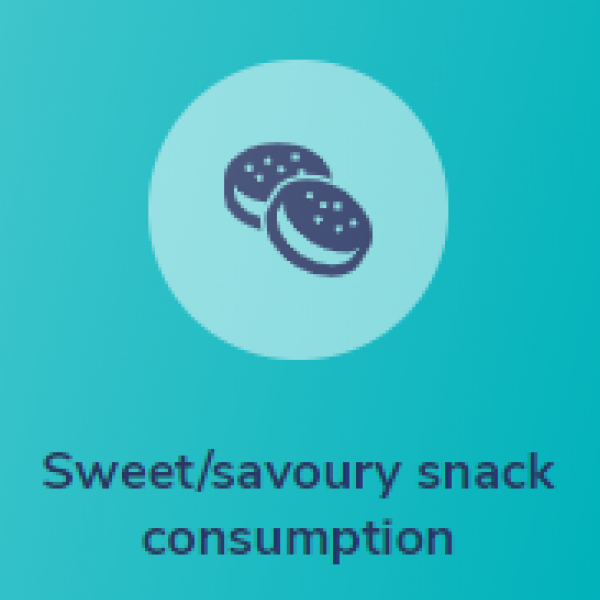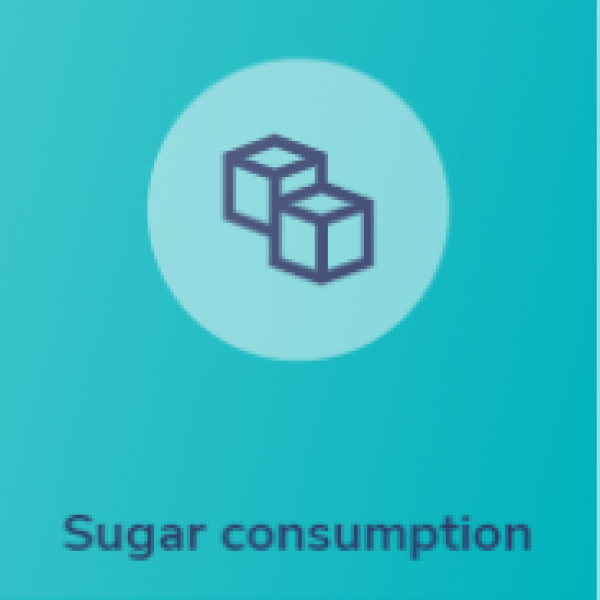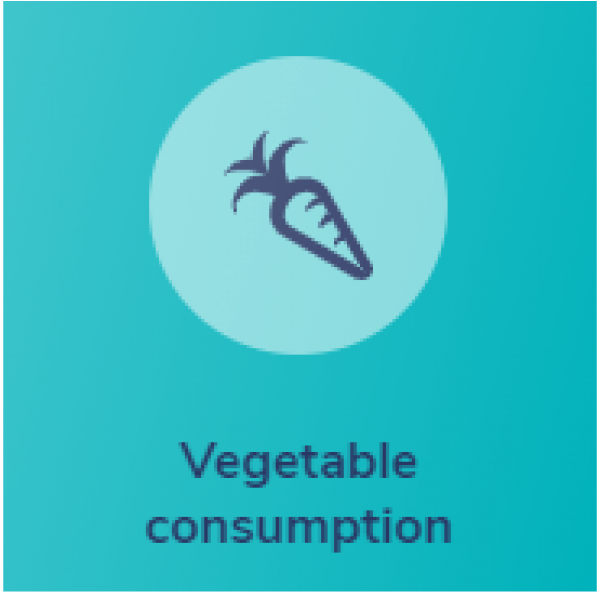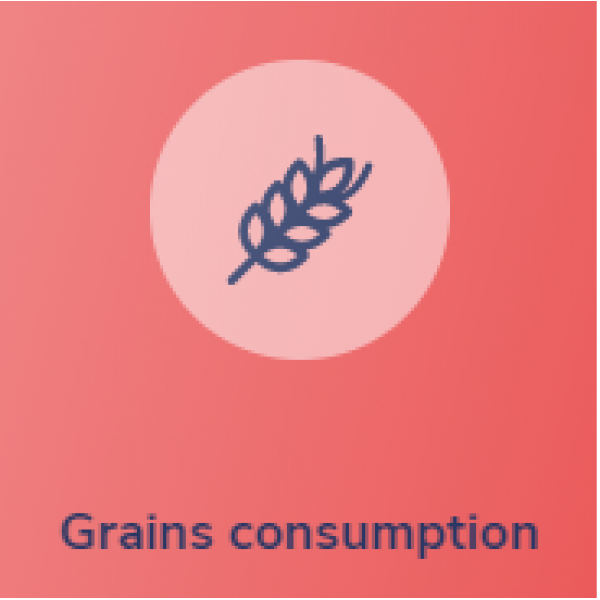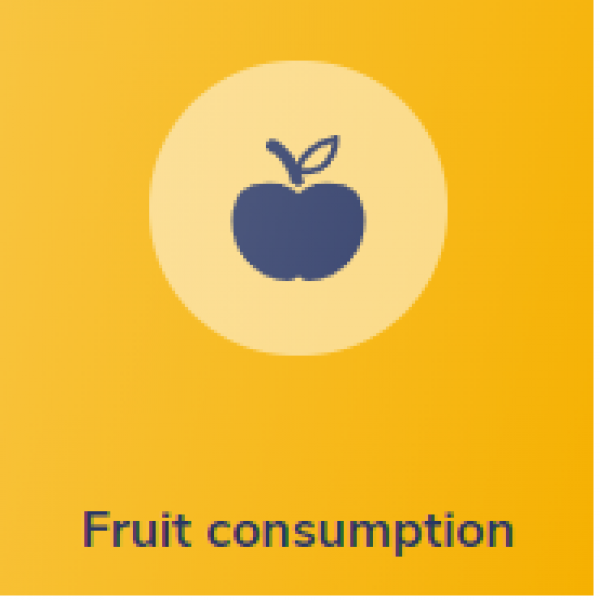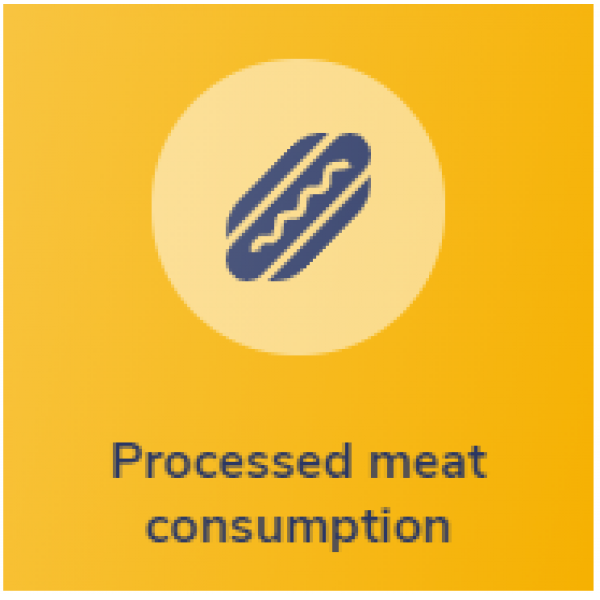Food Systems Drivers
Food system drivers include ‘processes, factors, or conditions that shape what, when, where, how, why, and to whom foods are available, accessible, affordable, and acceptable’. They can be environmental, commercial, and ecological.
Urbanisation is altering how we produce, process, market and consume food. Nutrient-rich, fresh food has become more costly over the past decade and is not promoted in large when compared to ultra-processed foods. Powerful vested interests, misplaced economic incentives and poor regulation also mean that processed food corporations are in part responsible for the failure of the food system to deliver nutritious diets.
The result of this shift in food promotion and accessibility has contributed to a nutrition transition whereby more people are living with overweight and obesity, rather than underweight.
Last but not foremost, Obesity and climate change share many common drivers, and in turn, climate change and ecological degradation also influence the obesity pandemic.
